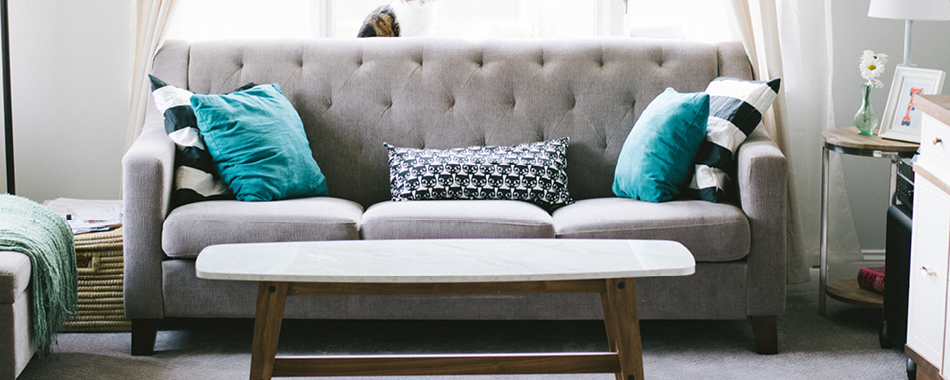As part of the property management service we provide to landlords and tenants, our property management team likes to ensure that rental properties in our care are inspected on a regular basis, in accordance with the Residential Tenancies Act 1997.
These routine inspections are beneficial to tenants and landlords alike, as they are designed to determine any concerns with the ongoing tenancy and rectify where necessary.
It’s important to note that a routine inspection is not a housework inspection. Rather the inspection is carried out by property managers on behalf of the owner to ensure that the property is well cared for and to see if there are any maintenance or health/safety issues that may need to be rectified for the tenant.
How frequent are routine inspections?
The first routine inspection is usually carried out no earlier than three months after the tenancy commences. Thereafter, additional inspections can occur every six months.
If a property needs to be inspected prior to these set inspection intervals, the only way a property manager can do so is if the tenant is agreeable.
What can I expect as a tenant?
When you’re due for a routine inspection, your property manager will send notification of when the inspection will take place. You are not required to be present for this inspection if the office holds spare keys. In the event the office does not hold a spare key you will be asked to provide access.
During the inspection process, the property manager will take photos of each room and of any maintenance issues. While the property manager is not seeking to photograph anything personal, if there is anything you would prefer not included in these photos please ensure that these items are out of sight or you advise your property manager accordingly.
After the inspection, if your property manager notices anything of concern they will let you know and provide steps for you to rectify the issue(s) as appropriate.
What should I do to prepare?
As a tenant, you are leasing out someone’s investment property. Sure, you call that place home, but the property is owned by someone else; and your landlord wants to make sure you’re taking care of their asset. A happy landlord makes a happy tenant – and vice versa – so here are some things you can do to impress:
- Ensure the property is clean and tidy
- Dust, sweep/vacuum all surfaces
- Wipe down and clean kitchen and bathroom surfaces
- Remove any mould from surfaces/grout
- If applicable, ensure lawns are mowed and gardens are tidy
- Tidy up any outdoor areas
A good thing to keep in mind is that if you clean your home regularly, you have less to do when a routine inspection comes around. Treat the property as if it was your own, and you’re on your way to passing your inspection with flying colours!
What happens if I have maintenance issues to report?
Your property manager will include a maintenance request form in their email notifying you of an inspection time.
If you have anything to report, you can complete this form and leave in the property, ready for collection during the inspection.
However you shouldn’t wait until your inspection to report maintenance. It’s best to report any issues in writing to your property manager as soon as they occur/are noticed. This can be done via email to your property manager or this form on our website.
What can I expect as a landlord?
Your property manager will send you an email notifying you of the timing of the planned routine inspection. As a courtesy, you will be invited to attend the inspection of your property; however you are not required to attend if you are unable to.
As a landlord, if you would like to attend the inspection of your property but are unavailable during the scheduled time, your property manager may be able to reschedule to a more suitable time (within office hours).
Whether or not you are in attendance, your property manager should always follow up to provide you with a copy of the inspection report along with photos. They will also notify you of any maintenance items raised by the tenant for your consideration/rectification.
Any further questions?
Routine inspections are regular part of the job for property managers, but hopefully now you have a better understanding of what’s involved for you as a tenant or a landlord. However if you’re still unsure, or have any other questions regarding your rental property, please do not hesitate to contact our property management team.

